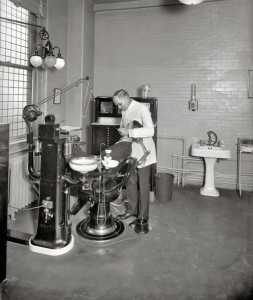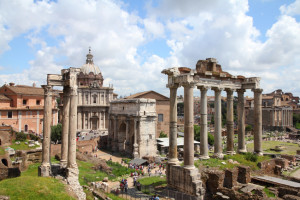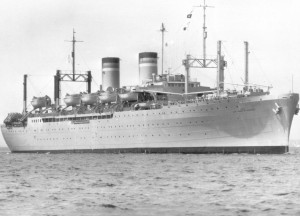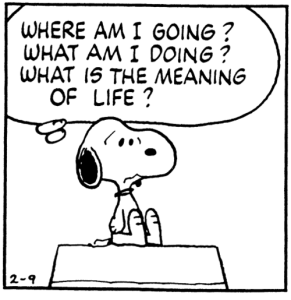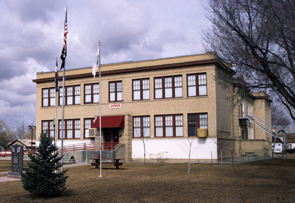The Dentists
I have trouble with the dentist’s office. It all goes back to my high school days. My parents were bad at taking care of their teeth and I did not get good habits from them. In high school my teeth were riddled with cavities. So, off to the dentist’s office in Grand Junction.
It was the 1950’s, so the dental arts were not like today. The dentist was probably well into his 60’s, and his art was behind even those times. He did orthodontics as well as general dentistry, and he liked to show off his work.
He had a number of display cases filled with plaster casts of deformed mouths he had worked on for the last 50 years or so. They belonged in a circus sideshow. They were horrible and fascinating, with crooked teeth, missing teeth, teeth that had grown the wrong direction, and deformed jaws. A few skulls and skeletons would have completed the collection.
He had an old fashioned dentist’s chair that had a porcelain basin with swirling water for you to spit the blood into. The worst part was the drill. It was a large apparatus with the motor at the base. From the motor a series of leather belts and pulleys ran up the arms to the drill. I am surprised it was not operated by a treadle.
That drill was slow and noisy. Today, the drill has a high pitched whine. His drill vibrated, made a grinding sound, and those leather belts turned on their wheels making the clumsy drill turn. He did a lot of drilling, or torture. I can still hear the noise and feel the pressure and the pain. No anesthetic, ever. That went on for several visits with gutta percha temporary fillings between appointments that always fell out, exposing sensitive places.
After the interminable drilling came the gold fillings. The lower molars had the largest cavities, so he cast gold inlays. He then cleaned out the holes with that damned drill, applied an adhesive and installed the fillings. He used a punch and mallet and hammered them in.
The upper molars had smaller cavities so he used gold foil. He would pack some foil into the cavity, then use some kind of tool that was like a manual impact driver. Click, wham. Click, wham. Click, wham. That repeated what seemed like thousands of times. When he got enough foil in the cavity, out came the punch and mallet to really pack that gold in. This lasted for weeks. The good part? Most of those fillings are still there.
I tended to avoid dentists after that experience until I had to. In my middle thirties my impacted wisdom teeth had to come out. There was anesthetic along with the cutting, prying, hammering, pain, and wrenching. I developed a dry socket that had to be packed and tended until it finally healed. I had more dental trauma with that process.
I did start getting intermittent dental care, but not enough brushing, flossing, and cleanings. Every time I opened my mouth to brush it reminded me of all that time in the chair back in High School. I developed gum disease and was referred to an oral surgeon. I made the appointment, drove into the parking lot, turned off the ignition, sat there, turned the ignition on, and drove away.
Now I go to get my teeth cleaned and have work done at Metropolitan Dental in downtown Denver. The dentists are good, I know them, they know me and my phobias,so we get along. Barb, my hygienist, is just the best. I get chided, told to use a Sonicare or a Water Pic, but the sounds and the feelings I get from them bring all the old trauma back. I brush and floss irregularly, and get along. I have lost one tooth.
At my last visit I found I need to have a crown replaced and went into a tailspin, hardly able to brush at all. I still have not made an appointment. I have post traumatic stress disorder from dentists. I think it is time for some PTSD therapy.
